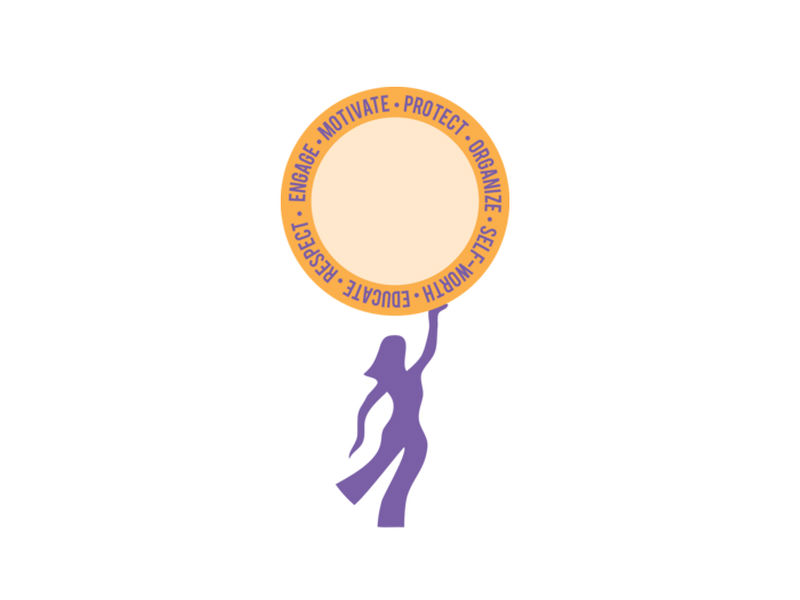Is Public Health Research for Me?
If you’re wondering this exact question, don’t worry; I wondered the very same thing two years ago. I always feared research positions because I didn’t want to sit around in a lab all day pipetting (although there’s nothing wrong with that—someone has to do it!). I wanted to know that I was making a difference, and research seemed like it was on the opposite end of that spectrum. But at the NYU School of Global Public Health, advocacy accompanies research. I feel that the things I am learning and writing about will make a difference. By the end of this article, I hope you’ll understand where I’m coming from.
The NYU School of Global Public Health
What’s special about NYU’s School of Global Public Health School is its core mission. The school is very much tied to advocacy and its main objective is “to significantly improve the health of populations by pioneering solutions that advance health equity around the world, today and tomorrow.” As someone with a Public Health minor, I genuinely believe they are committed to this. All of my classes emphasize intersectionality and focus on different populations. This notion is also extended to the research labs. Many of the labs center the voices of vulnerable populations and focus on the social determinants of health. If you’re curious about the labs, check out their missions and work.
Joining the Empower Lab

I decided my junior year to give research a try. If I hated it, at least I could say I tried. So, on a random weekend, I scrolled through the website to discover opportunities that interested me. That’s when I stumbled upon the Empower Lab. Their mission statement declares, “We operate as a clinical research and advocacy lab that examines the intersection of sexual and gender-based violence [SGBV] with health. We tackle issues such as sexual violence, sex trafficking, intimate partner violence, female genital cutting, and military sexual trauma. Our research aims to raise greater awareness of the issue of sexual and gender-based violence, which has traditionally received insufficient attention in public health. We advocate for the prevention of SGBV and seek ways to better support survivors and victims of SGBV from both clinical and public health perspectives.”
Boy, I can’t express how excited I was when I found this team. I have always been deeply passionate about women’s health, and in my free time, I volunteer at a sexual violence prevention nonprofit. Discovering the Empower Lab was exhilarating because it aligned perfectly with my interests. I vividly remember reading the lab’s mission statement for the first time and feeling a surge of excitement that someone was conducting research in this field—I didn’t even known it was a focus in public health.
What I’ve Been Working on Since Joining the lab
Each lab’s structure is unique. At Empower Lab, we have a variety of teams focused on different projects. I’ve gotten involved in a lot of different subjects regarding gender-based violence. For example, I helped write a literature review on trauma-informed care for survivors of sexual violence. On another team, we conducted a scoping review of different methods used to measure male intimate partner violence. Recently, I joined a team in the beginning stages of formulating a paper on trauma and pregnancy.
Even though it is a formal lab structure with a principal investigator, the teams are very student-led. Through this experience, I’ve gained a lot of soft skills like communication and leadership! To learn more about the work my lab is doing, read this recently published paper, “Homelessness Is a Form of Structural Violence That Leads to Adverse Obstetrical Outcomes.” I technically didn’t work on this paper, but I’m proud of it and the work Empower is doing.

How Does Any of This Tie into Advocacy?
I have a long-winded response to this (and it’s a question I love to answer). I’ll touch upon the more “obvious” ways the lab ties advocacy into our work. We actually have a specific team focused on advocacy and they plan initiatives and events for outreach. Last semester they hosted an online workshop/discussion on “understanding trauma-informed care” for other students at NYU. Lab members helped moderate smaller group discussions, and, for many, it was, perhaps, the first time they were introduced to this concept.
Additionally, there is a blog on the lab’s website. Lab members write about issues they are passionate about such as gender roles and women’s health. I think it’s fantastic that my lab creates content for people who might not be in the mood to read an academic paper on a Monday morning.
Now, I’ll shift into the long-winded part of my response. Because the work we do is intersectional and centers vulnerable populations, I genuinely believe our research projects are advocacy too! Women’s health, especially gender-based violence, is so understudied and underfunded. Expanding literature on these areas so others can create better interventions and systems of support is advocacy to me! I could go on about this for days, but I believe I got my main point across.
At NYU, You Don’t Have to Choose
At NYU, you don’t have to choose between being involved in advocacy or research when it comes to the field of public health. My experiences have been so insightful, and I’m very glad I came across this field of study. My experience with public health research as an undergraduate cemented my future academic plans. If you’re hoping to make a difference, especially in terms of health systems and health care, consider getting experience in public health research. I hope you’ll find it as rewarding as I do!



